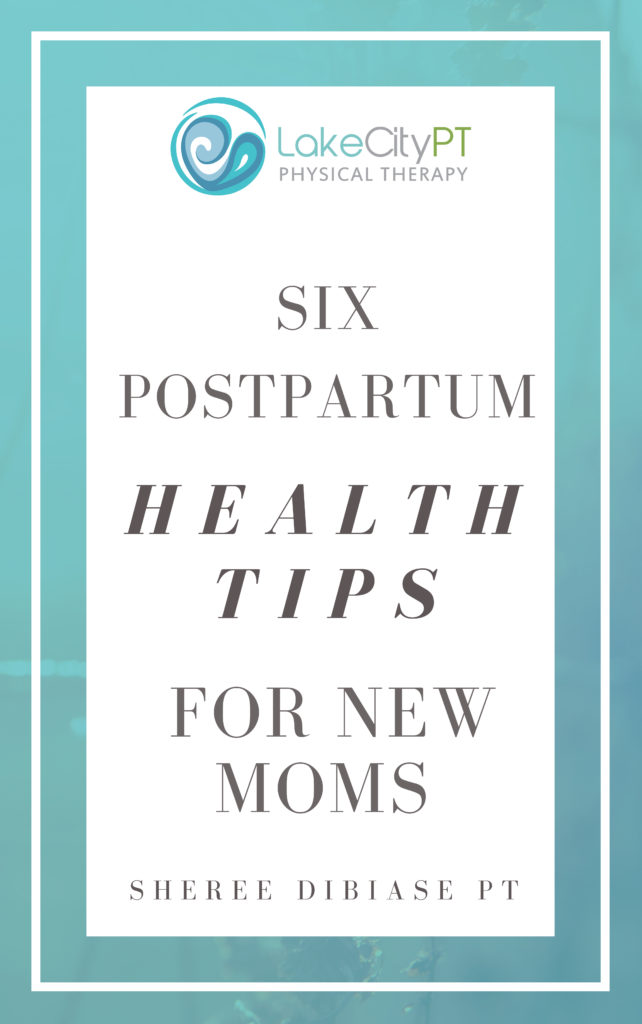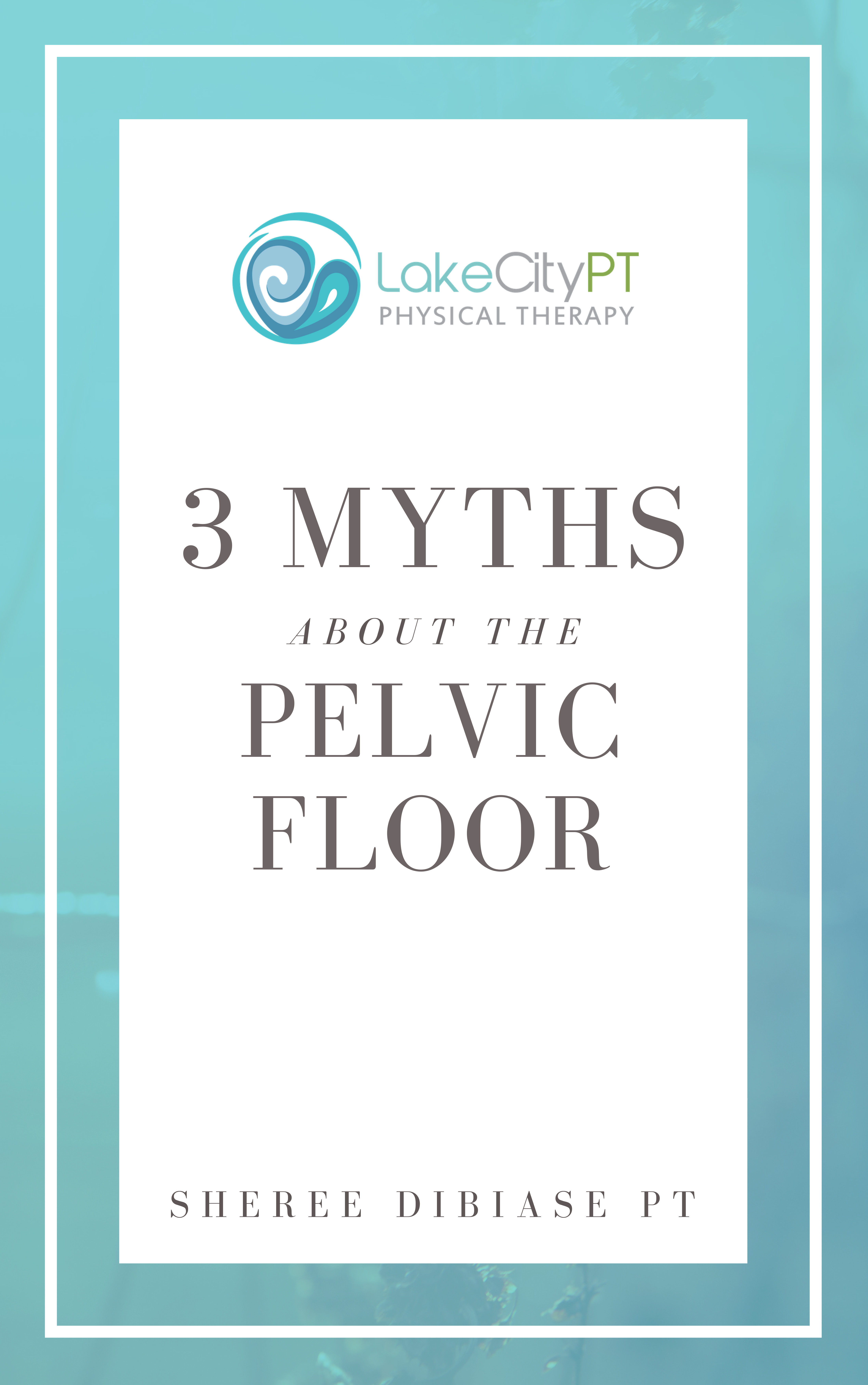A couple of months ago I traveled to Portland and I had the pleasure of hearing Glennon Doyle Melton speak at a women’s conference. I had never heard her speak before, so I was particularly amazed at how her work has struck a chord with me. She has an online blog called Momastery.com and her message was quite clear that day at the conference: we are not alone in our “messy, beautiful life.” Her writing asks us “to believe in ourselves, be kind, brave and let go of perfectionism, and realize that motherhood,marriage and friendship is hard, so stop pretending they are not.”
Her ideas have stayed with me these past few months as I have weathered the return of cancer in a lot of my patients, friends and family members’ lives. It can be daunting to hear that your patient or family member have cancer or a reoccurrence of their cancer. It stops you in your tracks and reminds you of life’s precious gifts: friendship, laughter and time with the people you love.
Cancer patients — in particular in our practice — often face decisions that are life-altering. Breast cancer patients especially are confronted with a lot of options, as to whether to do a lumpectomy, partial mastectomy or bilateral mastectomy; and then whether to do reconstruction with implants, saline or silicone, or their own tissue through a free flap or pedicle flap. Suddenly words are coming at you that you have no idea what they mean, let alone what is best for you. You are not alone in this, it is common to feel overwhelmed and possibly confused. Often when treatment does begin, you feel isolated because you are exhausted, sleep deprived and painfully worried.
Breast reconstruction decisions can be especially challenging, as these options alter the body in completely unfamiliar ways. Suddenly, highly functional people are unclear how to express their fears and concerns. Some of the possible long-term effects after surgery and radiation include scarring, cellulitis, pain and the possibility of lymphedema (swelling), according to Dr. Susan Love, Clinical Professor of Surgery at UCLA and president of her own research foundation. Dr. Love states that patients should be treated “aggressively when we find a small amount of swelling-physical therapy, manual massage, compression-and try to reverse it. Physical therapy and exercise can help.”
This year, Lake City Physical Therapy will make a commitment to begin a Lymphedema Support Group in our community, to ensure that no woman or man ever feels alone in their journey with lymphedema. The physical and psychological effects of lymphedema have been greatly underestimated, according to Dr Love; and because of this, we want to assist our community to be educated and be able to live productive, fulfilling lives. Whether your lymphedema has occurred following your bout with cancer, or you were diagnosed with it due to other health issues, you should not have to face this alone. We are here for you, come join our Lymphedema Support Group.
Sheree DiBiase, PT is the owner of Lake City Physical Therapy and is a certified International Lymphedema Specialist.
She and her amazing staff are dedicated to your optimal health and they want you to be well.
Please come see in and see them in their CDA office (208) 667-1988, Hayden office (208) 762-2100 and in our Spokane Valley office (509) 891-2623. The first Lymphedema Support Group meeting is in their Coeur d’Alene office at 2170 Ironwood Center Drive on February 3 from 5:30 to 6:30 p.m. Please call to reserve your space.

